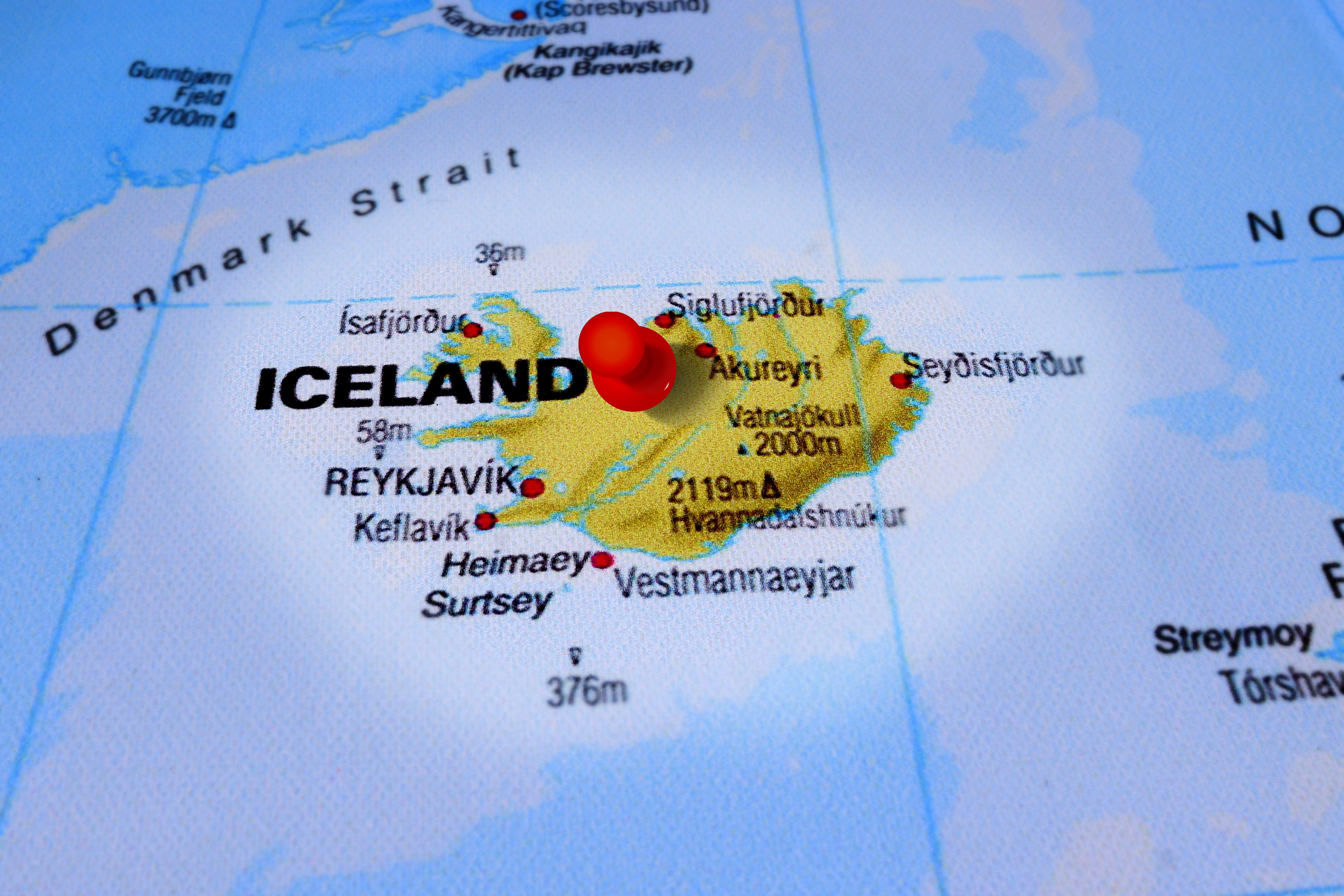Swedish pension company AMF returned -0.6 per cent on investments from January to March 2025, as stock market upturns were erased by global economic turbulence.
AMF reported a solvency ratio of 227 per cent, with management fees for traditional insurance amounting to 0.11 per cent, unchanged from 2024.
Meanwhile, premium income fell significantly to SEK 3.8bn, which the firm said was due to the Fora election centre switching from annual to monthly payments.
Overall, the returns reflected a year marked by increasing geopolitical and trade policy concerns in the wake of an escalating protectionist and isolationist rhetoric from the new US presidential administration, according to AMF CEO, Tomas Flodén.
He suggested that these circumstances had "dampened" previous expectations of economic recovery, even though Sweden and the Swedish business community were relatively well-equipped to face a more uncertain time.
“AMF has successfully navigated turbulent periods in the past and is well prepared to tackle increased global uncertainty this time as well," he continued.
"We are in a very strong financial position and have a good risk spread in our portfolio, our fees are very low, and our customers with traditional insurance have a guarantee at the bottom.
"This makes me feel confident that we have good opportunities to ensure that our savers receive competitive and good occupational pensions also in the future,” Flodén added.
Echoing this, AMF head of asset management, Katarina Romberg, described the company's returns as a "cautious decline", noting that the Swedish stock market performed slightly better than the US stock market and global indices, and the Swedish krona strengthened against the dollar during the period.
"AMF's equity portfolio declined as a consequence of the broad global downturn but still benefited relatively from our relatively large exposure to Sweden, which dampened the decline," she argued.
"The other parts of our portfolio - fixed income assets and alternative assets, such as forests and real estate - developed positively during the quarter, which meant that the decline in the stock market had a smaller impact."
Latest News
-
Looking back: A year in review
-
Looking back: The most read stories of 2025
-
SNS Reaal delays transition to new pension system due to admin capacity
-
France’s ERAFP awards three SRI mandates for EM credit bonds
-
News in brief: 23 December
-
Cross-border IORP activity remains stable in EEA, EIOPA report finds
Podcast: Stepping up to the challenge

In the latest European Pensions podcast, Natalie Tuck talks to PensionsEurope chair, Jerry Moriarty, about his new role and the European pension policy agenda
Podcast: The benefits of private equity in pension fund portfolios

The outbreak of the Covid-19 pandemic, in which stock markets have seen increased volatility, combined with global low interest rates has led to alternative asset classes rising in popularity. Private equity is one of the top runners in this category, and for good reason.
In this podcast, Munich Private Equity Partners Managing Director, Christopher Bär, chats to European Pensions Editor, Natalie Tuck, about the benefits private equity investments can bring to pension fund portfolios and the best approach to take.
In this podcast, Munich Private Equity Partners Managing Director, Christopher Bär, chats to European Pensions Editor, Natalie Tuck, about the benefits private equity investments can bring to pension fund portfolios and the best approach to take.
Mitigating risk
BNP Paribas Asset Management’s head of pension solutions, Julien Halfon, discusses equity hedging with Laura Blows
© 2019 Perspective Publishing Privacy & Cookies







Recent Stories